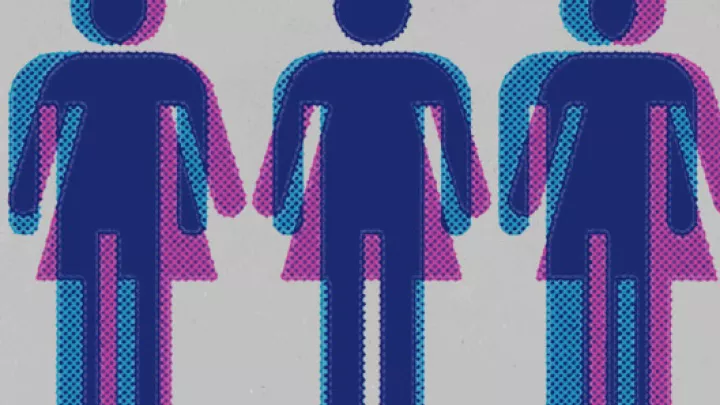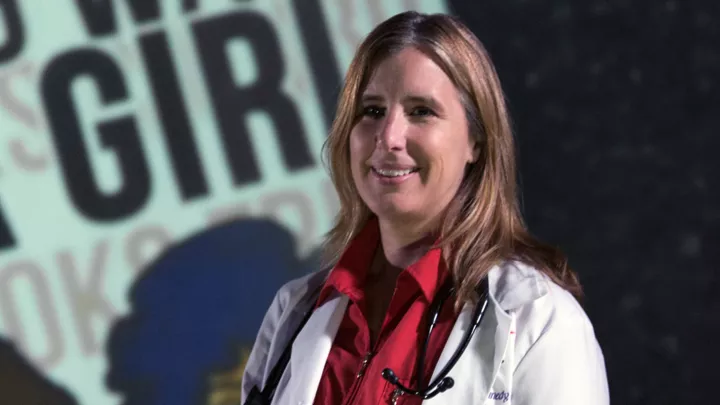
Mental Health Disparities in Transgender Youth Populations
In a new editorial published in JAMA Pediatrics, Johanna Olson-Kennedy, MD, medical director of The Center for Transyouth Health and Development at Children’s Hospital Los Angeles discusses disparities in mental health in young transgender populations. A recent study, also published in JAMA Pediatrics, found over 40 percent of the nearly 300 young transgender women studied had at least one mental health or substance abuse issue. Over a third of the participants had major depressive episodes, and 20 percent had contemplated suicide at some point over the prior 30 days. These rates are between 1.7 and 3.6 times greater than that of the general U.S. population.
“Scientists and health care professionals have tried to understand the nature of the relationship between transgender experience, gender dysphoria and mental health morbidities for decades,” writes Olson-Kennedy, MD. “Routine timely and appropriate treatment for transgender youth may contribute to structural change and, ultimately, the waning of related negative mental health issues and the behaviors that can put youth at risk for sexually transmitted infections, violence, substance abuse and incarceration.”
While the new study confirmed findings from previous studies, what makes this study unique, according to Olson-Kennedy, is how researchers went about sampling the transfeminine youth population. Instead of recruiting participants from transgender-specific healthcare sites, researchers reached out into the community to include those without access to transgender-specific healthcare. Roughly half of those studied had annual incomes of under $10,000, suggesting poverty may influence rates of mental health issues in transgender communities.
“That prevalence rates of depression are notably higher in this community sample of transfeminine youth and young adults, than in cohorts recruited from dedicated transgender care sites, underscoring the potential influence of lack of access to services, both medical and mental health,” explains Olson-Kennedy in the editorial.
The need for more accessible and improved mental health care for transgender youth is clear, but addressing this need is complicated. According to Olson-Kennedy, there is a critical deficit in the number of mental health professionals who are experienced in working with transgender youth. In addition, what the specific role of such professionals in caring for transgender youth should be has yet to be clarified. Traditionally, mental health specialists have been asked to both confirm youth are ready to transition and provide support during the transition. However, as Olson-Kenney points out, these two duties can actually oppose one another.
“These two tasks are at odds with each other, because establishing a therapeutic relationship entails honesty and a sense of safety. That relationship can be compromised if young people believe that what they need and deserve (potentially blockers, hormones, or surgery) can be denied them due to the information they provide to the therapist,” says Olson-Kennedy. “The entire framework of transgender health care would benefit from a restructuring to meet the needs of patients and clients, as well as from acknowledging pragmatic limitations of available professionals.”
Image courtesy of Shutterstock


